Have you discovered the wonders of African black soap? This natural skincare marvel has captured the hearts of many, and its roots run deep in the traditions of West Africa. But what makes this soap truly special is how it empowers women—both in Africa and Canada. From its rich cultural heritage to its global impact, African black soap is more than just a beauty product; it’s a symbol of connection, empowerment, and sustainability.
The Rich Heritage of African Black Soap
African black soap is handcrafted by women in countries like Ghana, Nigeria, and Mali. These artisans use traditional recipes passed down through generations, combining natural ingredients such as plantain skins, cocoa pods, shea butter, and palm kernel oil. The soap-making process is an art form, involving careful roasting, blending, and curing.
For these African women, creating black soap is not just a job—it’s a way to preserve their cultural heritage. Each bar of soap carries the legacy of their ancestors, and as it makes its way into homes across the globe, it introduces others to the beauty and richness of African culture.
Economic Empowerment Through African Black Soap
One of the most powerful aspects of African black soap is its role in economic empowerment. In many rural areas of West Africa, opportunities for income are limited. The production and sale of African black soap provide a vital source of income for women, allowing them to support their families, educate their children, and contribute to their communities.
Canadian women have become key players in this story of empowerment. As the demand for natural and ethical skin care products grows, African black soap has become increasingly popular. By choosing African black soap, consumers are not only investing in their skin care but also supporting fair trade practices and empowering African women.

Women Embrace African Black Soap
African black soap has quickly become a favorite among many. Known for its ability to treat acne, eczema, and other skin conditions, this versatile soap is a must-have in skincare routines. Beauty bloggers and skincare enthusiasts have praised the soap for its natural ingredients and effectiveness.
But the benefits go beyond just skin care. Women appreciate the deeper connection they feel by using a product that supports women in Africa. Many brands now partner directly with African cooperatives, such as Baraka, ensuring that the artisans receive fair compensation for their work. This ethical approach resonates with consumers, who are increasingly conscious of the impact of their purchases.
Fostering Global Connections Through African Black Soap
The relationship between African artisans and their supporters highlights the power of global sisterhood. By purchasing African black soap, women are not just buying a product—they’re supporting a movement. This connection fosters cultural exchanges and mutual respect, as both communities learn from each other and grow together.
In Canada, workshops and events often showcase the stories behind African black soap, deepening the appreciation for its origins and the women who create it. This cultural exchange enriches both African and Canadian communities, building bridges of understanding and solidarity.
A Future of Shared Empowerment
African black soap represents more than just a beauty trend—it’s a powerful tool for change. As its popularity continues to grow in Canada, so does its impact on the lives of African women. Together, through conscious choices and shared values, Canadian and African women are creating a future where empowerment, cultural appreciation, and ethical practices thrive.
So, the next time you use African black soap, remember—you’re part of a global movement that’s making a difference, one bar of soap at a time.


